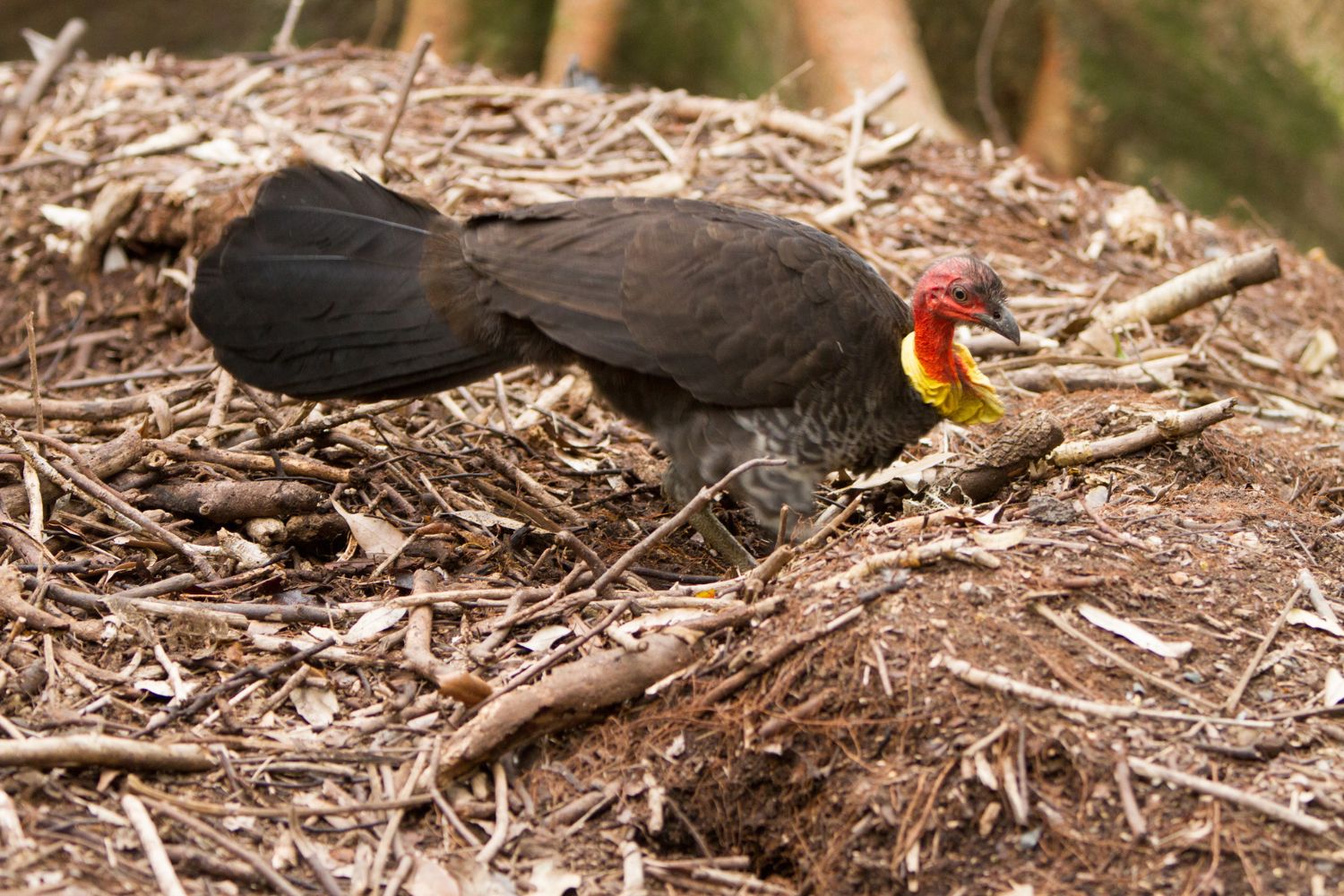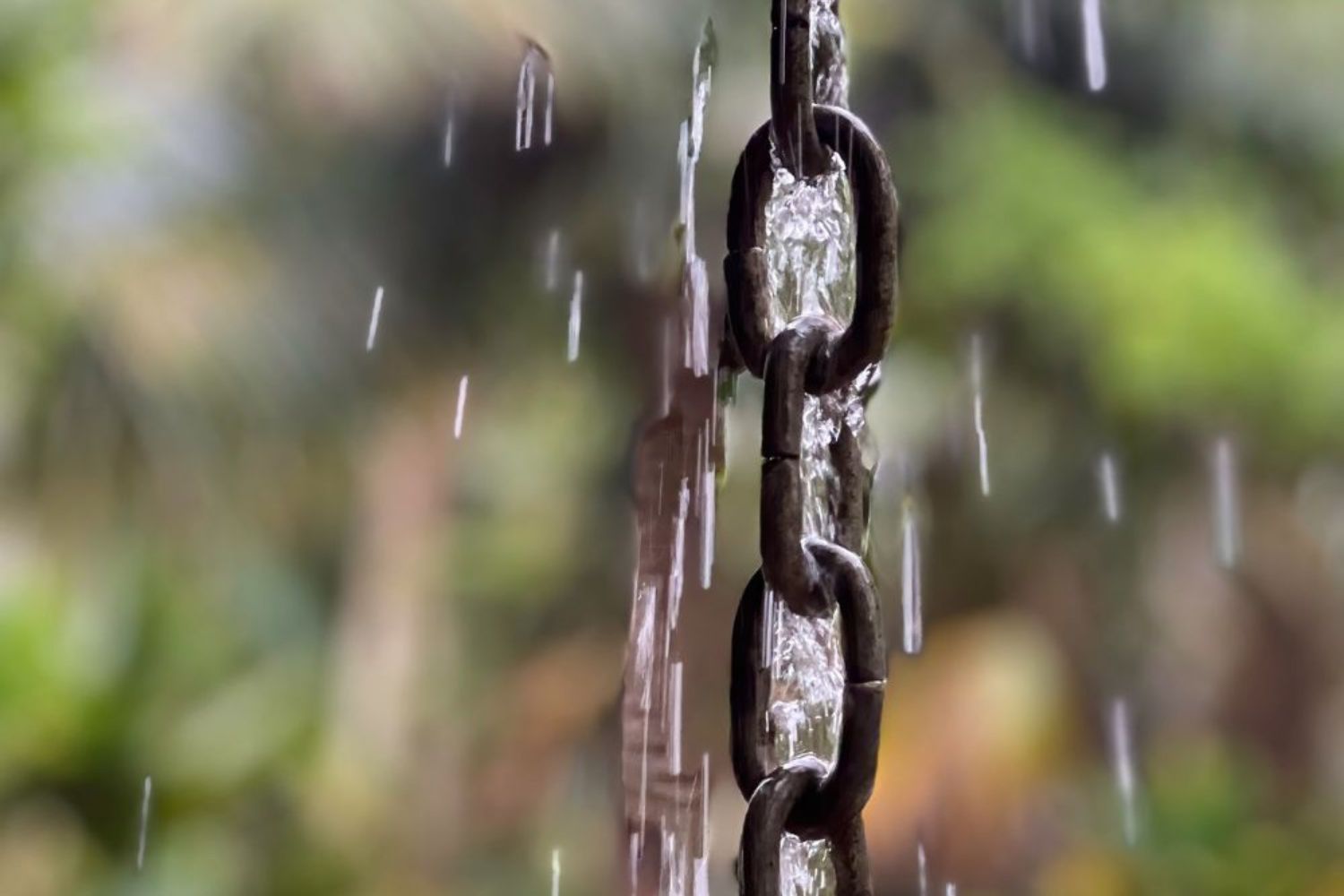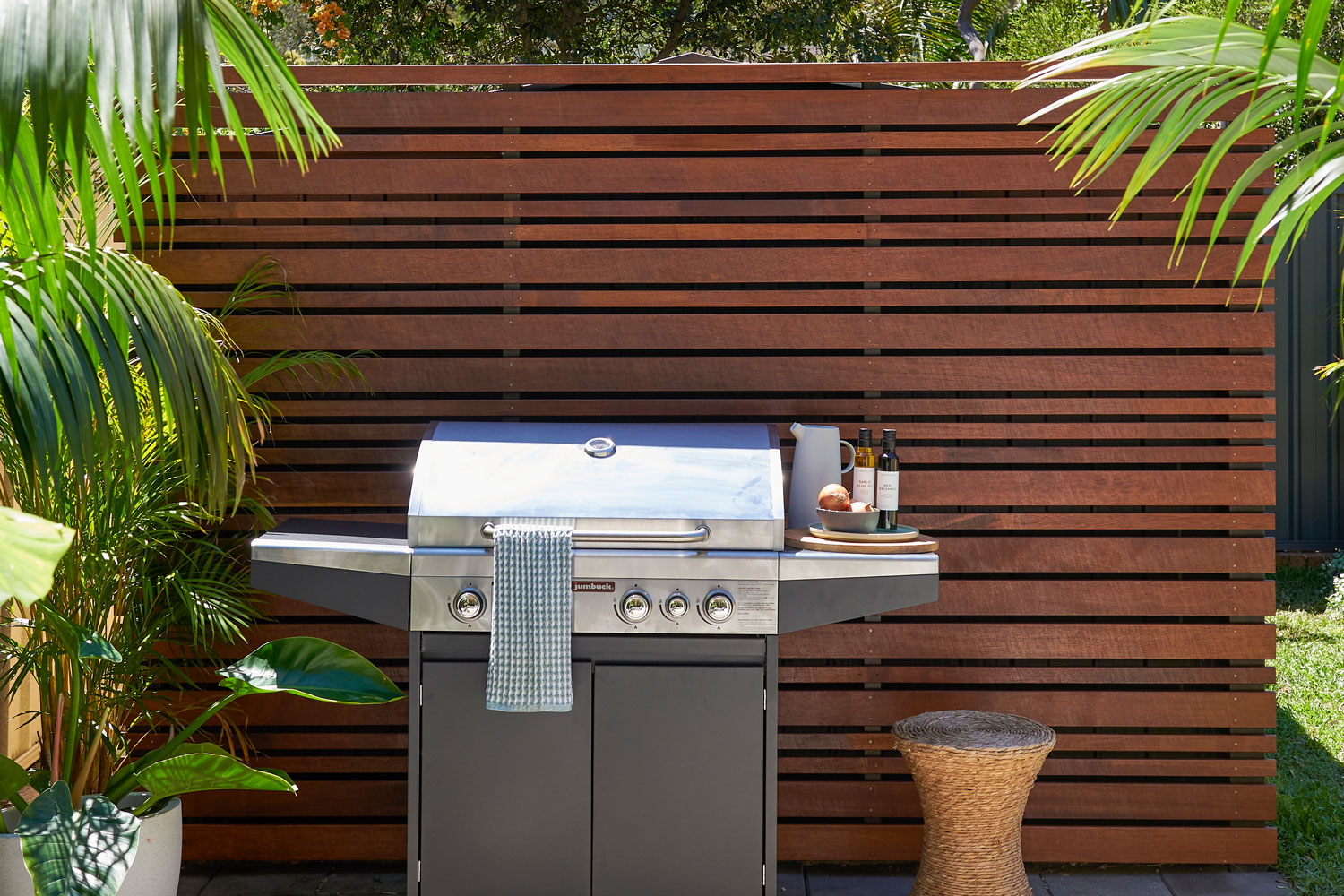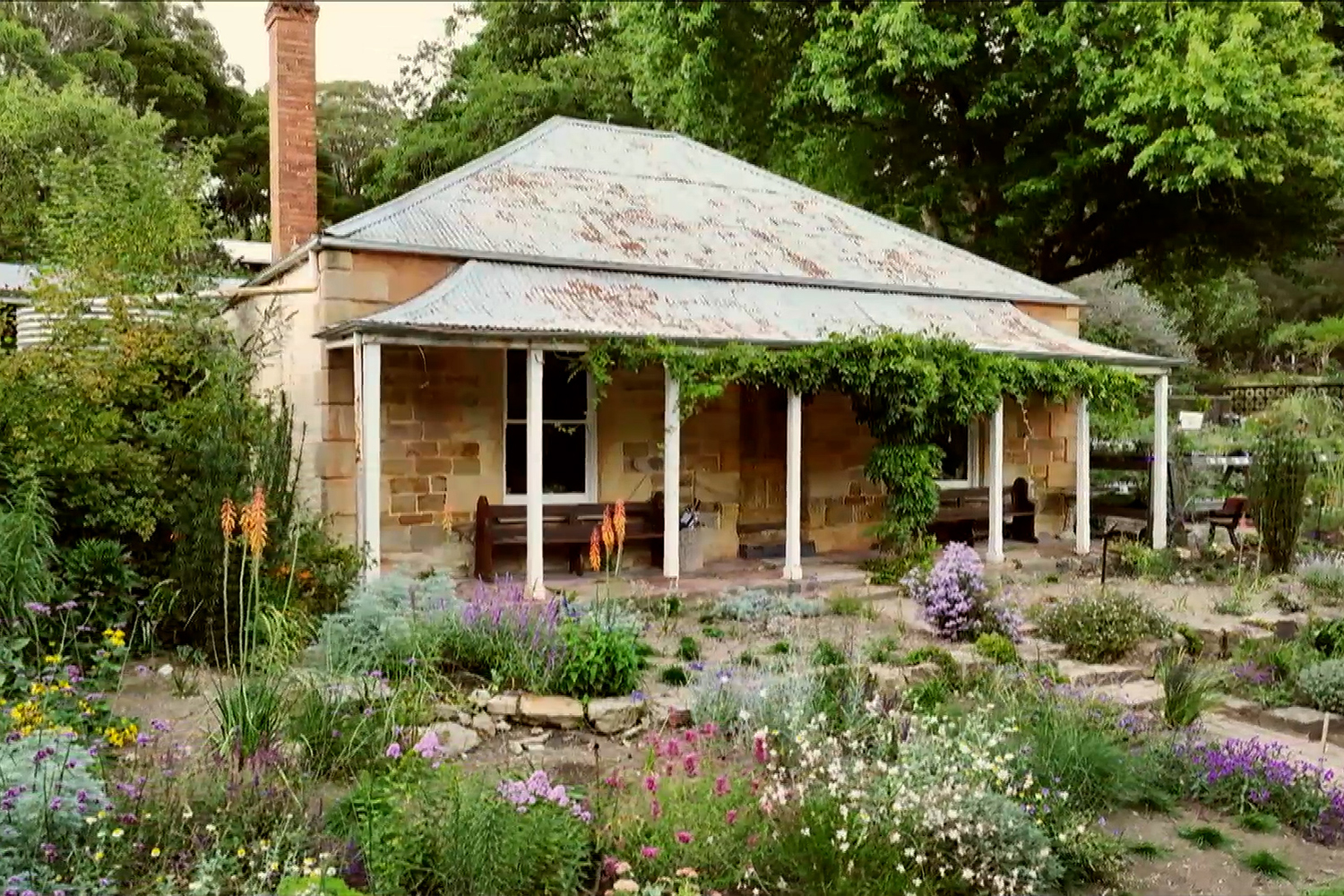This interesting bird may be a nuisance, but it’s a native species and very well protected!
Watch: Australian Geographic on brush turkey behaviour and aggression
The ever-present Australian bush turkey, scrub turkey or brush turkey is often seen as a nuisance. It builds nests, begs for food and creates chaos in the garden. And although it is a native animal, most Aussies are more than happy not to spot a bush turkey on their property.
These big birds have started to inhabit more and more gardens across eastern Australia, and especially within Queensland and NSW.
In 2022, research ecologist Matthew Hall told ABC Radio Sydney that brush turkeys were once actually an endangered animal. As he explains, “Brush turkeys are the rare case of an animal that used to be rare and possibly endangered and has come back from the brink and is now thriving right alongside us.”
It’s time to learn more about this quite interesting native species, and more importantly, how to keep them from destroying your garden.

The pesky Australian bush turkey
The Aussie brush turkey is a dark brownish-black bird that is mostly found in closed-canopy rainforest areas. They are known for inhabiting dense scrub, parks and suburban backyards, where they can easily build nests. Brush turkeys (bush turkeys) are a protected species because they are native to Australia.
While bush turkeys are often considered to be a pest themselves, they are a great bird for getting rid of pests such as insects and grubs in woodland habitats. Their droppings also contribute to a wider ecosystem and help spread native vegetation seeds across suburban areas.
These birds may be a tad bit annoying to deal with in the garden, but they are a very important part of the Aussie ecosystem and provide the landscape with many benefits for regrowth and biodiversity.
Problems caused by brush turkeys
The main problem with brush turkeys (bush turkeys) is their nest building. A male brush turkey is a mound builder, and will build nests of soil and plants during breeding season, which is from August to December.
During this time, a male brush turkey is actually able to strip a whole garden during one day. They are fast at building, and even if you destroy or relocate their built nest, they will most likely start over the next day and continue to build their mound.
While this activity will usually subside once the breeding season is over, brush turkeys tend to stick to the same area, and you may find one or many inhabiting your garden for extended periods of time.

How to protect your garden from brush turkeys
There are a couple of ways to deter brush turkeys using interesting tips and tricks, but the first thing to do is create a garden that is inhospitable for a bush turkey to live in.
You can discourage brush turkeys (bush turkeys) from choosing your backyard by doing the following:
Keep your garden clean and tidy
Your garden, especially if it’s close to scrubland or national park areas, needs to be kept in tip-top shape to discourage any brush turkeys from moving in. This can be done by:
- Cleaning up any food scraps and rubbish. This includes making sure your rubbish bins are tightly closed and secured.
- Covering up compost heaps. This includes composting materials such as mulch and leaf litter.
- Raking and removing leaf litter.
- Covering any already-existing/empty turkey nests with large tarps or raking them away completely. Make sure that no brush turkey is currently living in the nest before covering it.
These tidying measures will also deter other animals from entering your backyard, including snakes and rats.

Remove water sources
Brush turkeys (bush turkeys) love convenient water sources. If you have an unnecessary water source, such as rainwater-collecting buckets and outdoor pet water bowls, it may be best to cover them up or remove them altogether.
This means that your resident bush turkey doesn’t have access to water and will have to leave your property to drink.
Install tree guards and rock circles
Installing guards for your trees and plants, or putting circles of rocks around them will reduce the likelihood of a brush turkey digging them up.
Another great way to prevent raking is by adding heavy coverings (instead of mulch) around your plants, such as coarse gravel, river rocks and small logs.
The best brush turkey deterrent
The top brush turkey (bush turkey) deterrent is actually quite a simple addition to your garden. This trick is best used once a brush turkey has already moved in and begun building a nest.
Installing chicken wire around the mound or nest that a brush turkey has built will deter them from building and using the nest. Brush turkeys need to rake the ground to build up their nest, and chicken wire will prevent them from doing so.
This will hopefully discourage the bush turkey altogether from using your backyard, and they will relocate to another area. However, even if the mound and the rest of the garden is inhospitable, a lot of brush turkeys can be quite stubborn.
Don’t be too surprised if your turkey still hangs around after the chicken wire has been put in place.

Relocating a bush turkey
If your brush turkey (bush turkey) has set up shop and won’t leave, there is not much to be done unfortunately.
Do not attempt to trap or relocate a turkey yourself. Most states require a permit to capture and relocate brush turkeys, since they are an Australian protected species. Harming, harassing or excessively chasing a brush turkey is also illegal.
If you come across a sick, injured or brush turkey you would like to remove, it is best to call a local wildlife rescue team or the national parks and wildlife service. They can remove and relocate these birds quickly and professionally, and understand all the wildlife laws involved with the process.
Is it illegal to destroy a bush turkey nest?
It is only illegal to destroy a bush turkey nest if there are already eggs that have been laid in it. You should not attempt to destroy a nest, capture a brush turkey or tamper with a brush turkey mound if there are any eggs.
WIRES recommends to wait 60 days until the young are hatched and disperse from the nest before any attempt to remove it.
If you do wish to remove or relocate a turkey after eggs have been laid, calling WIRES Rescue Office on 1300 094 737 or contacting a national parks initiative may be helpful in considering alternative removal processes.
You may also like:
Snake repellent plants: protect your garden the natural way
Snake repellent: How to keep your home snake free
How to get rid of rats in your garden without poison or traps









